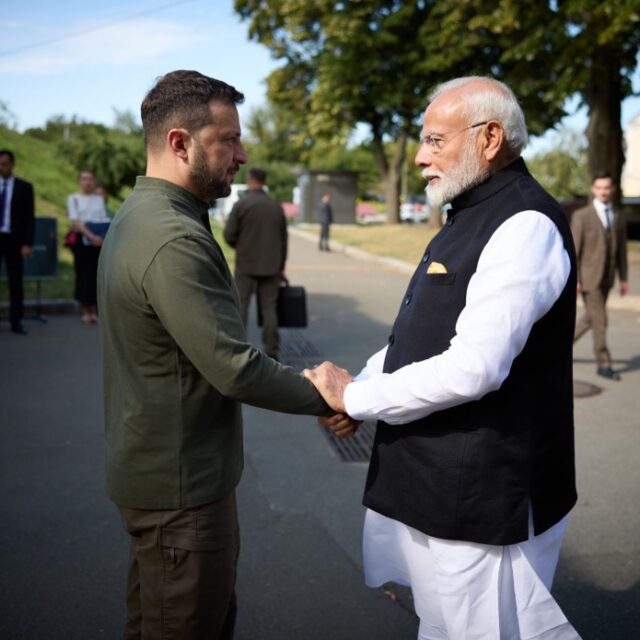On October 28-29, Hungarian Prime Minister Viktor Orbán and Foreign Minister Péter Szijjártó visited Tbilisi, the capital of Georgia. This visit took place amid significant political tension in the country, as President Salome Zourabichvili and opposition parties publicly expressed their disagreement with the results of the recent parliamentary elections, which they deemed to be fraudulent.
The presence of the Hungarian delegation, representing a member state of both the European Union and NATO, can be interpreted as an attempt to legitimise the disputed election results and to support the ruling party, Georgian Dream. This party has demonstrated a clear inclination towards Russia over the past decade, raising concerns among various political factions in Georgia and beyond.
Russia has been adept at leveraging its financial, economic, and trade relationships with Hungary to counter claims of its diplomatic isolation, particularly following their imperialist invasion of Ukraine. Hungary has emerged as one of the few European partners willing to engage actively with Moscow. This dynamic raises questions about the alignment of EU policies with the actions of member states like Hungary.
For instance, Prime Minister Orbán visited Moscow on July 5, shortly after Hungary assumed the rotating presidency of the EU. Despite Orbán’s insistence that this trip was of a private nature, Russian media extensively covered the meeting, highlighting its significance within the context of European politics.
Foreign Minister Péter Szijjártó stands out as the only minister from an EU or NATO country to have visited both Moscow and Minsk since the onset of the war, a move that has drawn attention and scrutiny. This week, Szijjártó is scheduled to speak at the Minsk Conference on Eurasian Security in Belarus, alongside key figures such as Russian Foreign Minister Sergey Lavrov and Syrian Foreign Minister Bassam Sabbagh.
These visits provide opportunities for leaders like Vladimir Putin and Alexander Lukashenko to showcase that their regimes are not as isolated as Western narratives suggest. By engaging with Hungary and other countries, they can project an image of normalcy and continued diplomatic relations, challenging the prevailing assumptions about their political isolation.
As Hungary continues to navigate its role within the EU and its complex relationships with Russia, the implications of these interactions are likely to resonate across the broader European landscape, raising important questions about the future of European unity and the response to authoritarian regimes.




